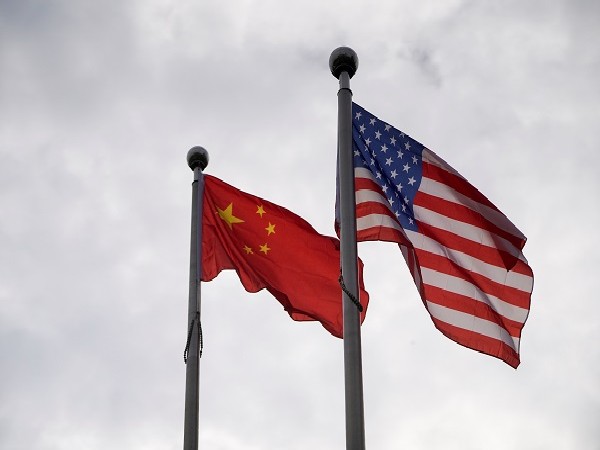WASHINGTON: Flaying the recently released Indo-Pacific Strategy, Washington-based experts have said this policy measure meant to strengthen America’s relation with Asia and counterbalance China’s influence lacks strong trade incentives that are viewed as politically perilous in the US.
Last week, Washington released a 12-page fact sheet stating that they will focus on every corner of the region from South Asia to the Pacific Islands to strengthen its long-term position and commitment, including an emphasis on supporting and partnering with India.
With the aim to adapt its role for the 21st century, the Biden Administration announced the new Indo-Pacific strategy which supports India’s “continued rise and regional leadership” in South Asia and the Indian Ocean region. “The PRC [People’s Republic of China] is combining its economic, diplomatic, military and technological might as it pursues a sphere of influence in the Indo-Pacific and seeks to become the world’s most influential power,” the strategy document said.
Ryan Hass, Senior fellow at the Brookings Institution told Voice of America (VOA) the policy responds to the desire of many countries in the region for the US to play a galvanizing role in dealing with common challenges.
“It is a welcome departure from the America-first mindset during the Trump era,” Hass said. Despite the emphasis on advancing freedom and openness, building collective defence capacity within and beyond the region, Hass and other observers say the Indo-Pacific strategy lacks a coherent trade framework that gives countries in the region a good economic reason to deepen relations with the US.
According to experts, US’ international economic agenda should match the leadership role Washington seeks for itself in the region. Robert Daly, director of the Wilson Center’s Kissinger Institute on China and the US argued that the strategy suffers from a fundamental contradiction in that it implies that the U.S. will engage in a high degree of global activism.
This policy comes after years of isolationist foreign policy under the Trump administration, according to the American broadcaster. Additionally, the Biden administration has not primed the American public to shift away from the Trumpian critique of globalization.
“They’ve put themselves in a box where they, for political reasons, seem to accept the Trump view that globalization is the playground of self-indulgent coastal American elites who don’t care about the heartland [of America],” Daly told VOA. “What was needed was a better form of globalization that serves American interests — the Biden administration has chosen not to take that on,” he added. (ANI)









Comment